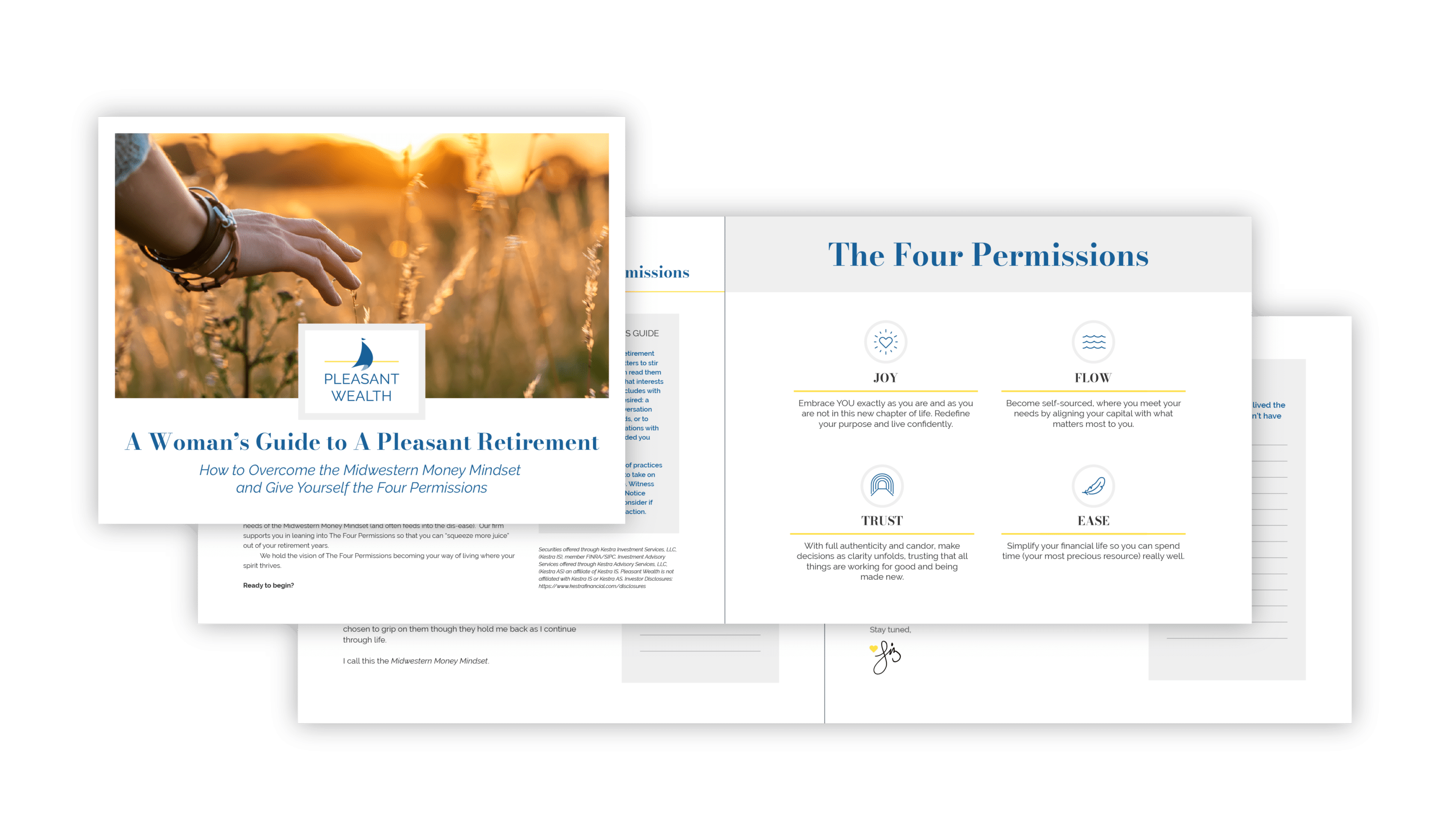Do you know your basic Social Security amount? Did you know you can increase the Social Security benefits you receive?
Social Security provides income you can’t outlive. Retired people often rely on Social Security for around one-third of their income for 30 years or more. Though it’s not intended to replace all of what you used to make per year, it replaces about 40% of your annual pre-retirement earnings, on average, according to the SSA.
But too many retiring people assume they have little control over their benefits. Or worse, they follow the lead of friends and relatives to decide when to claim benefits—even though their financial situation is very different
Here are five Social Security basics to help you make the best decision with your Basic Social Security benefits.
- How do you qualify?
- Is there a basic amount to expect?
- So, how much money do you get?
- Why does your age matter when claiming Social Security benefits?
- How does my spouse impact the Social Security benefit amount?
#1 How do you qualify for Social Security benefits?
To qualify for benefits, you need to work in a job where you contribute to Social Security for at least 40 quarters, or 10 years. These quarters don’t need to be consecutive. You need to earn at least $1,730 per quarter to earn a credit in 2024.
#2 Is there a basic amount to expect?
Your income plan starts with your basic Social Security benefit. The Social Security Administration calls this your Primary Insurance Amount, or PIA. It’s the monthly benefit you receive at your Full Retirement Age, or FRA. If you were born in 1960 or later, you’re eligible for your PIA at age 67.
#3 So, how much money do you get?
The more you earned while paying Social Security, the higher your PIA will generally be. Benefits are calculated based on your highest 35 years of earnings, indexed for inflation.
The formula is complex, but you can roughly estimate benefits with the Social Security Administration’s quick calculation tool. If you want a more accurate estimate, you can create an account on the Social Security website to get an estimate based on your actual earnings.
Once you begin receiving benefits, the Social Security Administration will make annual Cost of Living adjustments, or COLAs, to account for inflation.
#4 Why does your age matter when claiming Social Security benefits?
If you claim your benefits at your Full Retirement Age, you’ll receive your PIA. You can claim benefits as early as age 62, five years before you reach FRA. But there’s a drawback: You’ll only receive 70% of your PIA. If instead, you wait until you’re 70 to claim your benefits, you’ll receive a benefit that’s 24% greater than your PIA
It’s important to remember these adjustments or credits continue as long as you live.
#5 How does my spouse impact the Social Security benefit amount?
In addition to primary benefits, Social Security offers spousal benefits and survivor benefits. These benefits are often underappreciated but crucial since in most cases a couple has a higher-earnings spouse and a lower-earnings spouse. Here’s how they work:
Spousal Benefits
Generally, if the lower-earning spouse claims at FRA, and the higher earner is receiving benefits, the lower earner will receive the greater of either:
- Their own PIA
- A spousal benefit, which is half the higher-earner’s PIA. This protects spouses who stay home to raise children or care for family members.
Survivor Benefits
For survivor benefits, after one spouse dies, the survivor typically receives the greater of:
- Their own benefit
- The deceased spouse’s benefit
Spousal and Survivor benefits are available to divorced spouses too, so long as the marriage lasted for at least 10 years and the survivor has not remarried. Age of claiming matters: claims by a surviving spouse before Full Retirement Age reduce benefits.
Our Approach to Social Security for Our Clients
Social Security is complex, but if you know your Social Security basic benefit amount and how your timing affects it, you’re off to a good start. Typically, here’s how we approach Social Security planning with our retiring clients:
- For many couples, it makes sense for the higher-earning spouse to delay claiming until age 70, and the lower-earning spouse to claim at FRA (67).
- Most clients who delay claiming still want to retire at age 66-so we create an income plan for the 4-year delay.
- Delaying is even more important if the lower-earning spouse is more than 5 years younger than the higher-earner.
- Health and longevity issues can change the analysis completely.
It’s so important to make sure your Social Security plan fits you since it can affect your income for 30 years or more. Don’t just claim Social Security at 62 like your brother-in-law. Give your plan the attention you deserve.
At Pleasant Wealth we talk about Social Security, Investing, and Tax-Planning with clients every single day. If you’d like a one-on-one conversation about your Social Security plan or how to start thinking about one, schedule an introductory call here.

About the Author
Clinton Miller, CFP®, is an investment advisor & financial planner with an educational background in mathematics. He enjoys making tax planning relevant for clients so they can make confident money decisions.
He and his wife Aubrey are based in Canton, OH & have two sons. In his spare time, he enjoys fishing, chainsaw repair, & mucking around in the woods.

